Despite steady acclaim and fiercely loyal patronage for their first three Los Angeles-area multiroaster coffee shops — G&B Coffee at Grand Central Market and Go Get Em Tiger (GGET) locations on Larchmont and in Los Feliz — Co-Founders and Co-Owners Kyle Glanville and Charles Babinski have not been immune to the fickle nature of specialty coffee retail.
“When Charles and I first started brainstorming this coffee company in the Summer of 2012, we had lofty goals: We wanted to become a community fixture in the city we had both come to love profoundly, Los Angeles,” Glanville, the former LA director of retail for Intelligentsia Coffee, recently wrote in a Medium post. “But opening day had something different in store for us: We struggled to find our initial audience and were short of the kind of cash that would allow us to exercise the patience required to come into our own incrementally.”
Fast forward to today, and it seems whatever patience the G&B/GGET team could muster over the years has paid off. With a wave of private investments — primarily from friends, family and customers — the company recently launched a roasting operation of its own while planning to open two more GGET-branded shops later this month in Highland Park and in the Third Street Arts District.
The transition from a multiroaster cafe model to being self-supplied with roasted coffees has been a direct result of such retail growth.
“We kind of hit a roadblock when we opened our third store,” Glanville recently told Daily Coffee News. “We would find a great coffee and ask roasters if we can have 200 pounds of it, and they would say ‘No, no you can’t. We don’t have it.”
GGET is now roasting inside a 16,000-square-foot production facility in Vernon, five miles south of downtown. Within that space, approximately 4,000 to 5,000 feet is dedicated to production roasting, with a 15-kilo Mill City Roasters machine already humming away, while a Probat G45 is awaiting shipment from Germany. The remainder of this facility houses an approximately 4,000-square-foot commissary kitchen and bakery, a space for training, tasting and events, and GGET’s new offices.
Moving forward, coffees coming out of the roastery will all bear the GGET brand, with G&B reserved for the Market Square cafe, which Glanville described as doubling as a kind of testing ground for new recipes and other experimental coffee projects.
“Our original plan for some time was to call the roasting G&B, and I was pretty set on that until I woke up one morning, and I was like, ‘What am I doing?'” Glanville said. “Getting just one brand to be recognized and meaningful is really hard.”
Working with numerous designers, the GGET coffee bags feature a hand-drawn logo with bands of light pastels and off-whites wrapping around craft paper. “We wanted it to feel natural, with natural textures,” Glanville said. “As far as the look of the bag, I wanted it to feel really at home sitting on someone’s counter.”
While Glanville and Babinski each have past professional experience traveling to origin and sourcing coffee, they are currently working with numerous importers for sourcing. Glanville mentioned Red Fox Coffee Merchants, Caravela Coffee, and Atlas Coffee Importers as among the current importers in GGET’s orbit.
“We’re kind of open for business with the importers,” Glanville said. “What’s available through importers in 2018 is a whole different world than what was available in 2008.”
One of the exciting challenges for Glanville and Babinski now will be to match or exceed the quality they experienced over years of tasting thousands of coffees from some of their favorite roasters throughout the country. Over months of developing the roasting program, GGET brought on renowned roasting consultant Scott Rao for advice and technical assistance, while hiring Matthew Williams, a former roaster at the highly-regarded Wisconsin roastery Ruby Coffee Roasters
.
“The most important element of being a good roaster and being a good coffee shop is understanding what the target is, and what you want that coffee to taste like,” Glanville said, adding that the target has moved since 2012. “For the first year, it was just top quality, no matter what, best of the best, highest scores are what we buy. The problem was when we do it that way we end up with a single-origin menu of eight Ethiopias and one Kenya.”
While GGET’s roasting focus remains on quality, the company is expanding what quality means, and to whom. “Ultimately, we do want to please most coffee palates,” he said. “We actually have this grid that we work off of, which is like four major quadrants of coffee flavor the way we see them, and we try to have representation in each one.”
After 18 months of development, the first public release by GGET’s coffee roasting operation is a blend for espresso-and-milk drinks called Minor Monuments. Up next will be a lighter straight-shot espresso blend, followed by a full menu of GGET coffees in each of the company’s shops, as well as a robust online sales and subscription service.
“We’re 100 percent pretty much from here on out. Our coffee team will be a homegrown wing of our company,” Glanville said, adding that in terms of quality, “I think we can hang with anybody. I think we’ve been earnest enough about our approach to learning.”
Yet while GGET aspires to serve some of the best coffee in the world, it also wants its products to reflect the city that has supported the venture since the beginning.
Said Glanville, “With everything, we want to be thought of as being a product of Los Angeles, and for Los Angeles.”
Nick Brown
Nick Brown is the editor of Daily Coffee News by Roast Magazine.



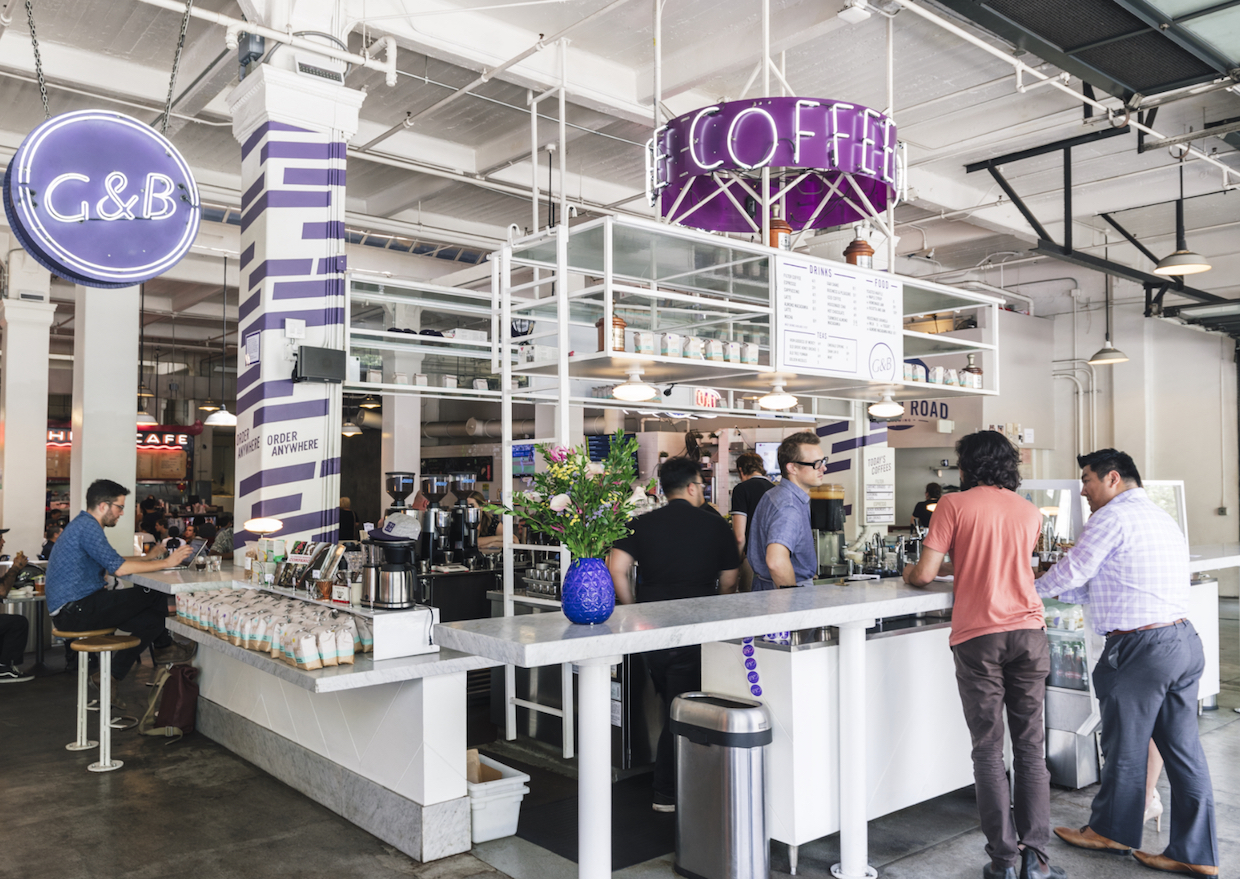
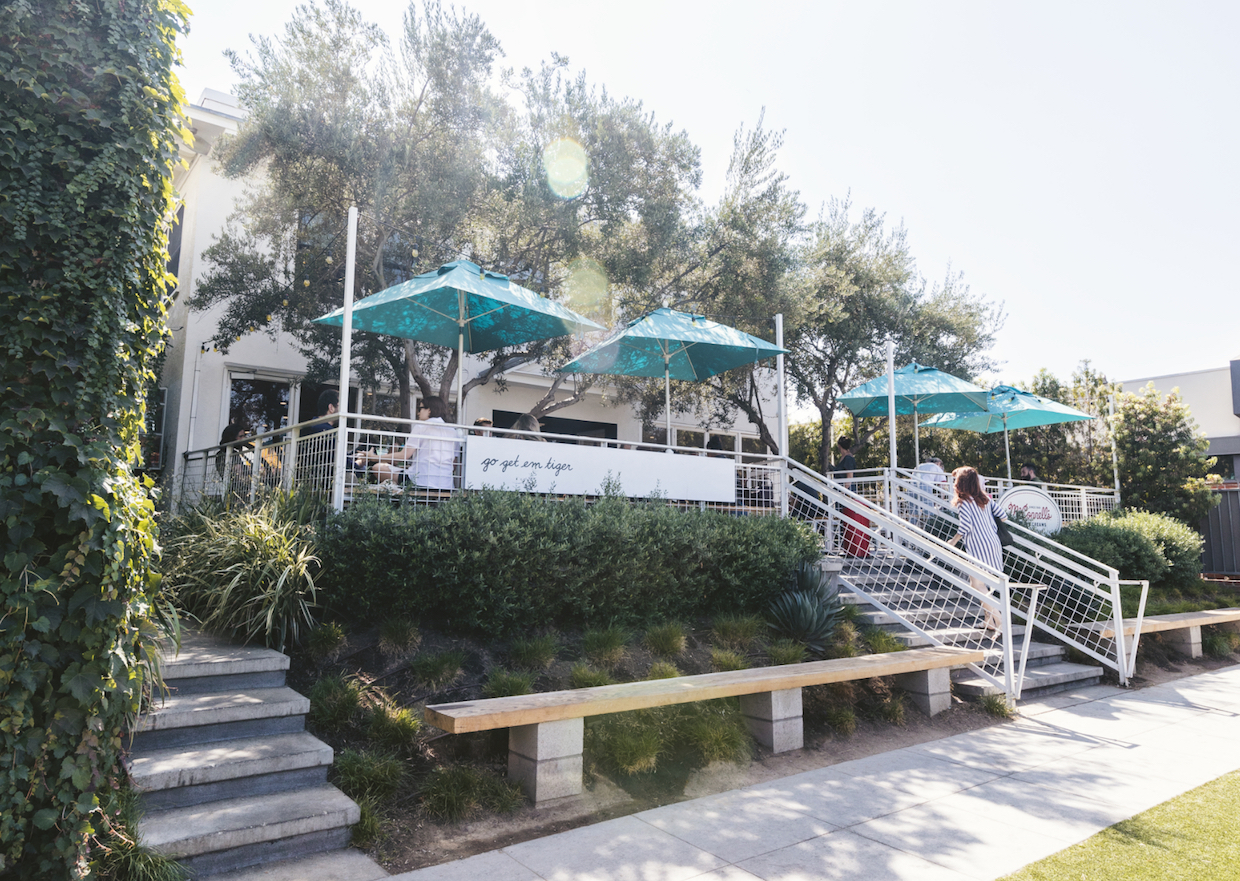
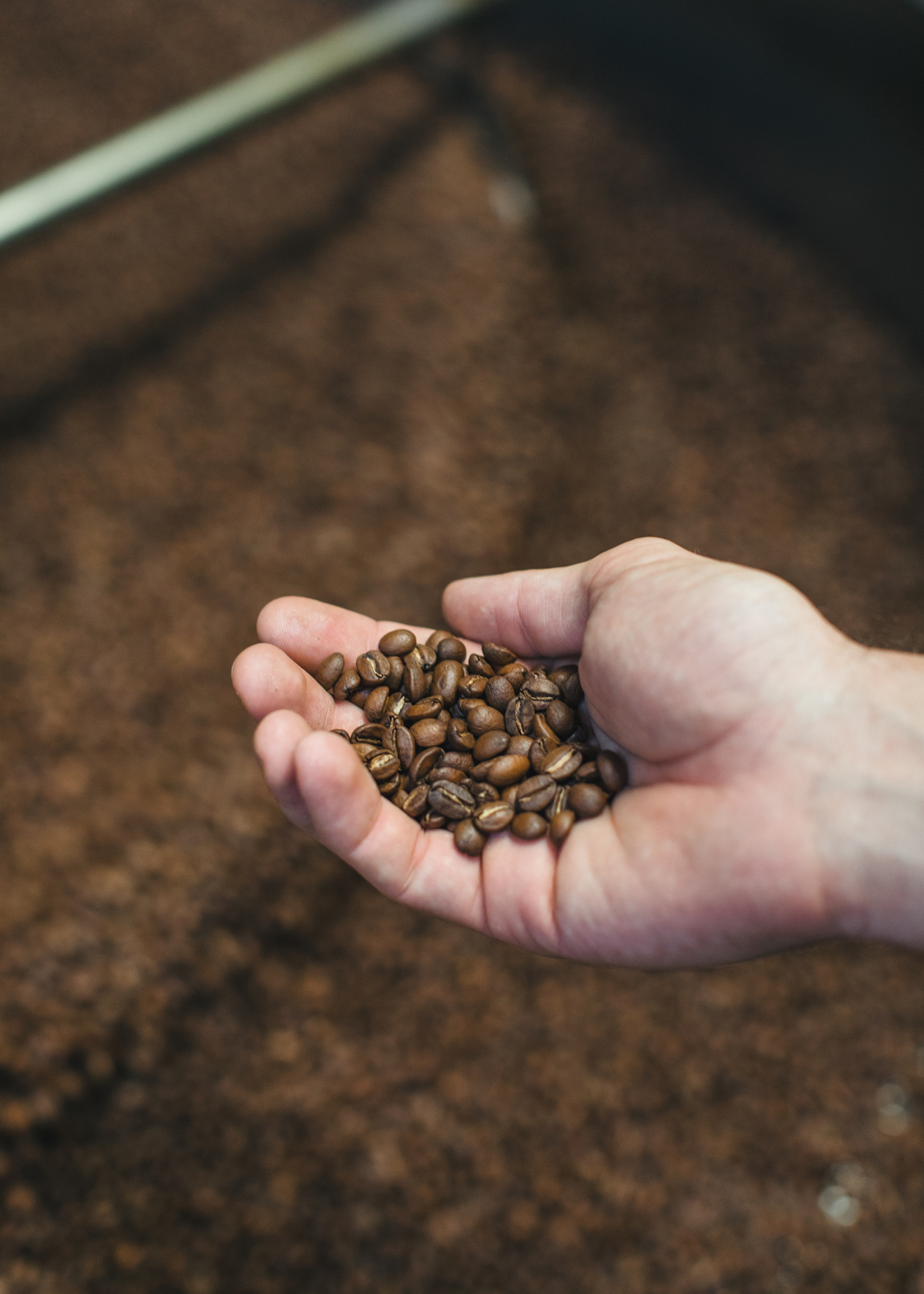
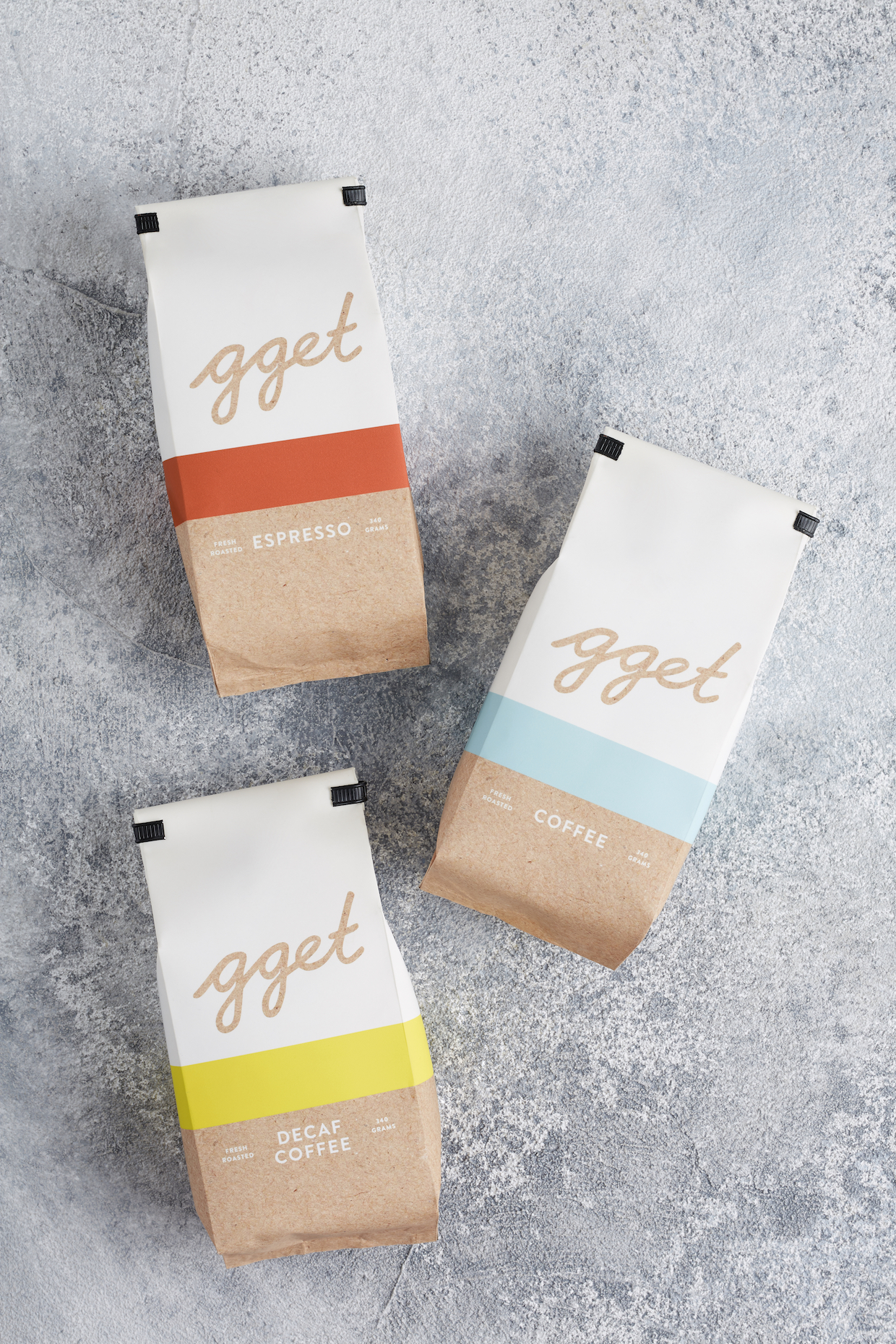
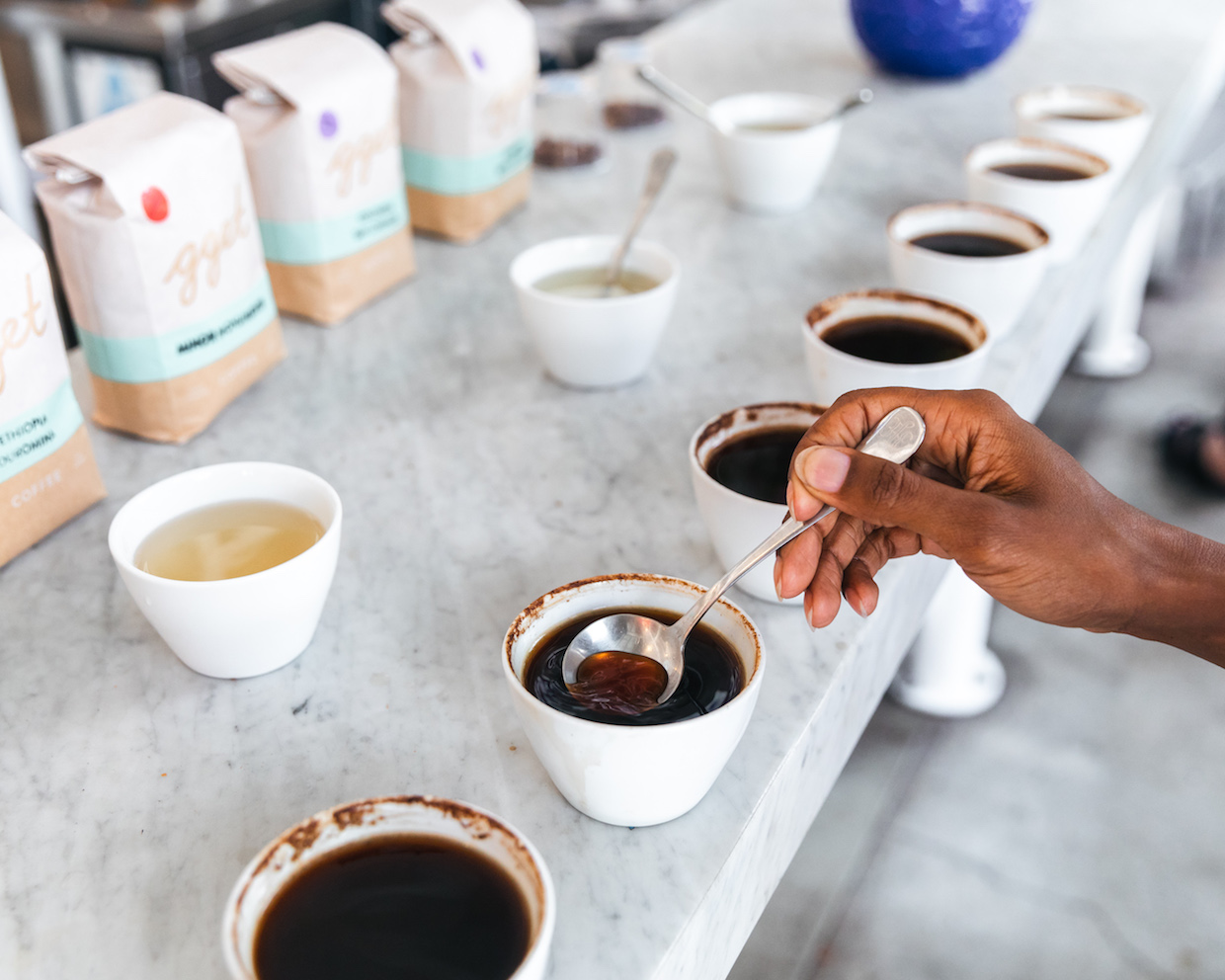
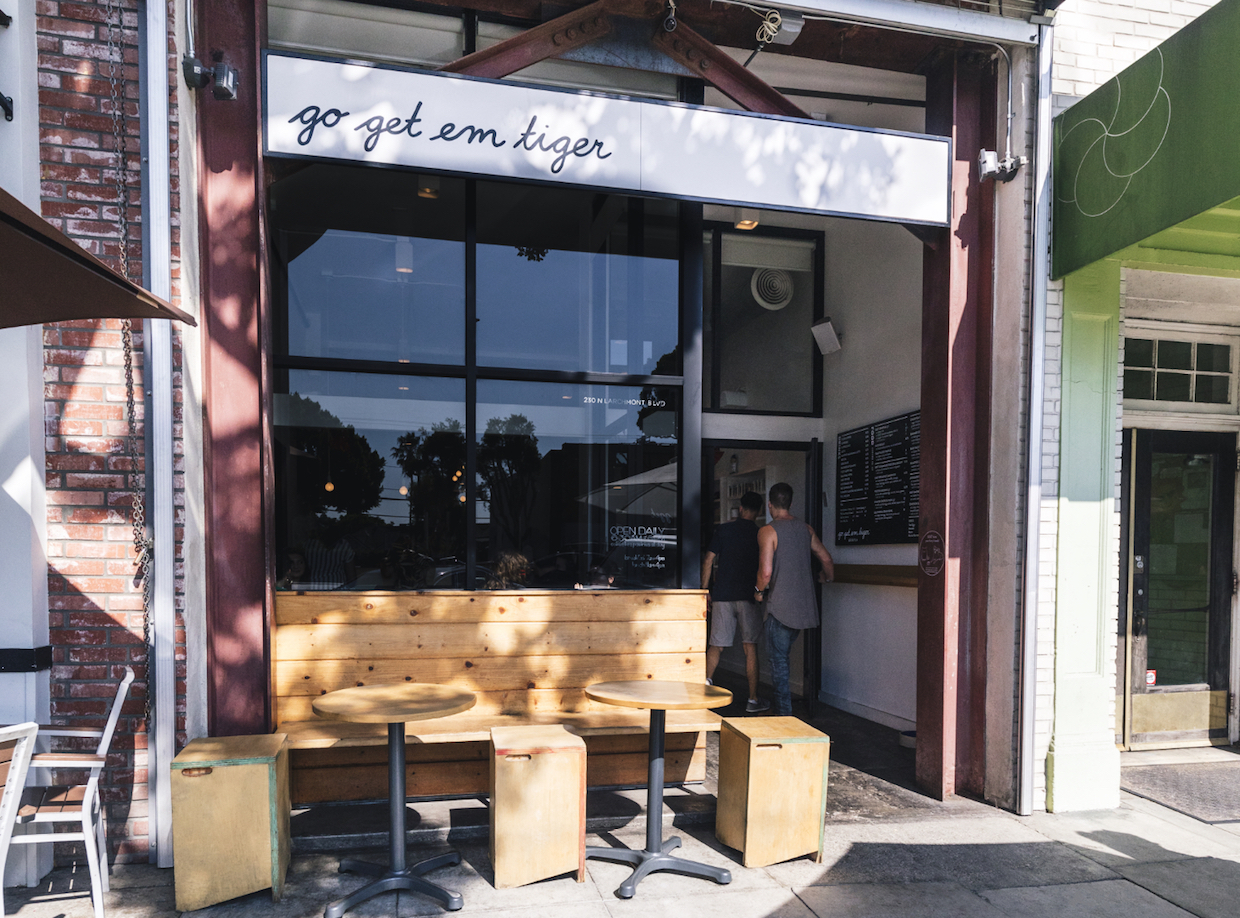
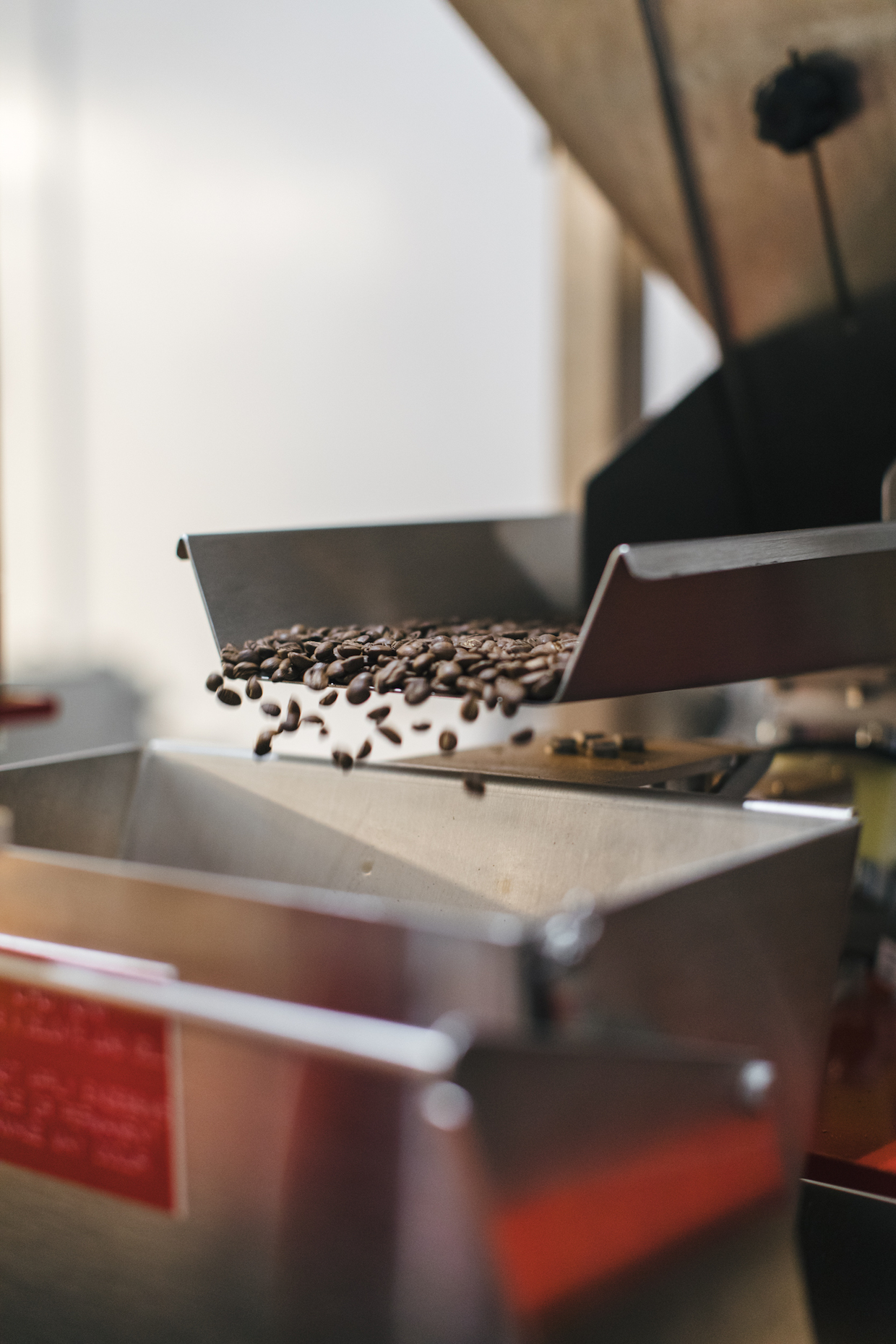
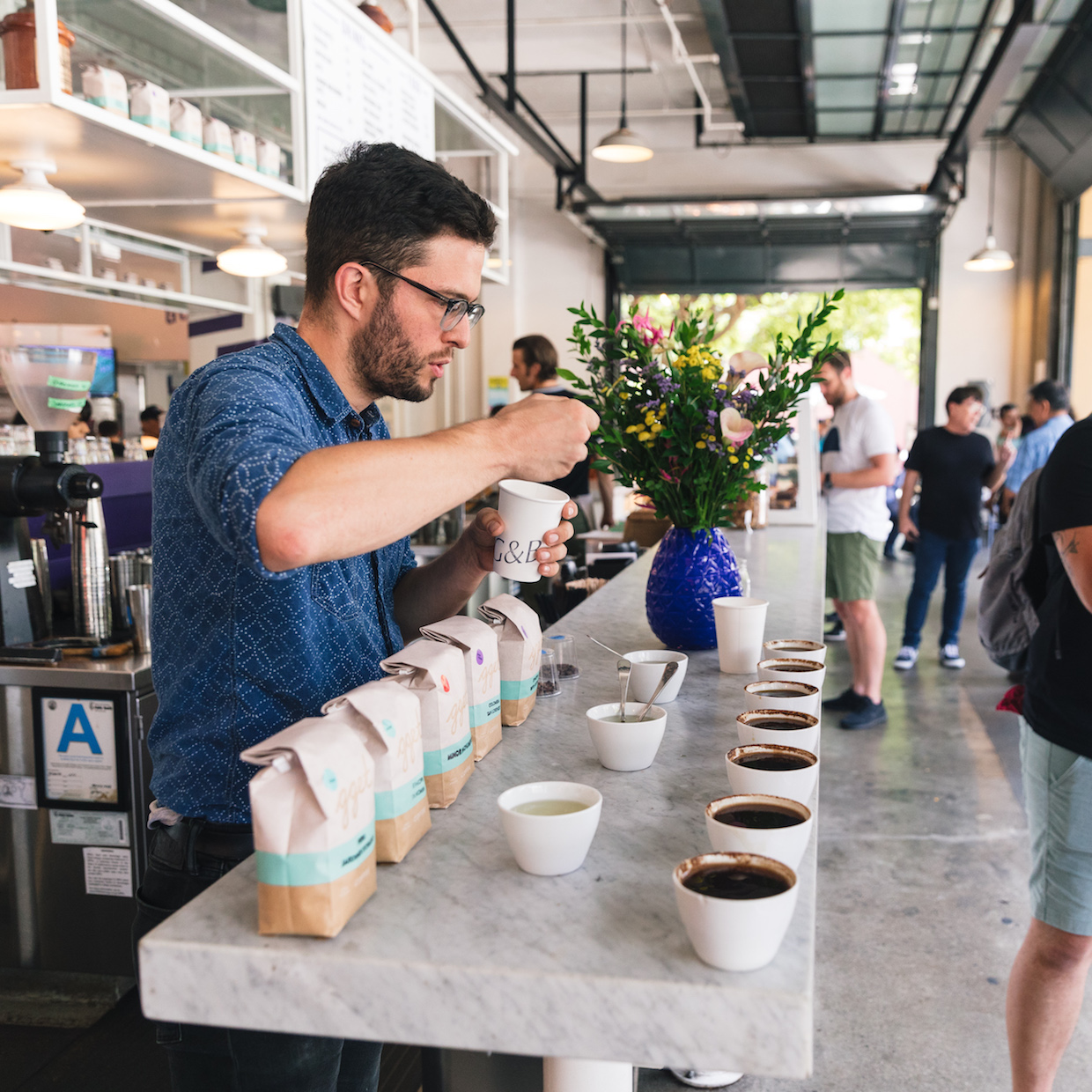



Comment